17 Everyday Dangers That Could Be Fatal to Your Pet Bird
Life with a pet bird is full of cheerful chirps and colorful feathers—but hidden hazards might be closer than you think. This article unpacks everyday items and household habits that seem harmless but pose serious risks to pet birds. Knowing what to watch out for helps keep your bird safe, happy, and singing strong.
Ceiling Fans

Credit: pixabay
Birds aren’t built for household hazards, and ceiling fans top the list. One wrong flap and a spinning blade can lead to fatal injuries in seconds. Birds don’t naturally recognize the danger above them, and fans in motion create visual confusion. Even clipped birds might attempt short flights.
Open Toilets

Credit: pixabay
It doesn’t sound dangerous until it is. Small parrots, cockatiels, and parakeets have poor depth perception, so smooth water surfaces look like solid ground. If a bird falls in, the slick bowl walls make escape nearly impossible. Even strong swimmers can drown in minutes.
Essential Oils and Diffusers
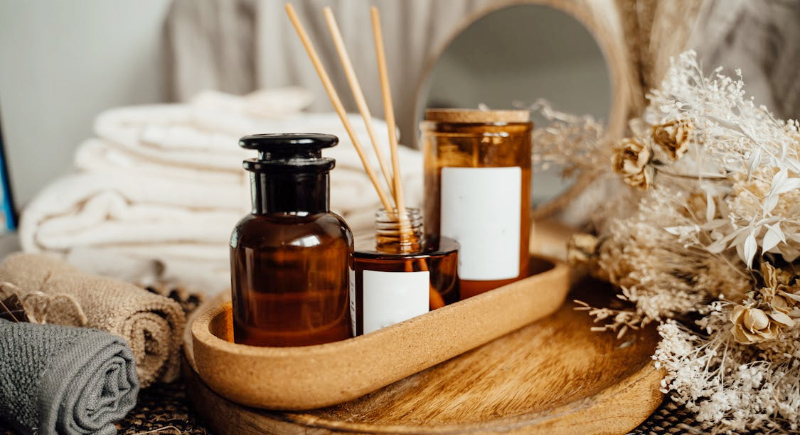
Credit: pexels
They might create spa vibes for you, but diffused oils can become a death sentence for your bird. Scents like eucalyptus, tea tree, clove, and cinnamon release compounds that damage a bird’s delicate lungs. They breathe in a continuous flow system that makes them especially vulnerable to airborne toxins.
Nonstick Cookware Fumes
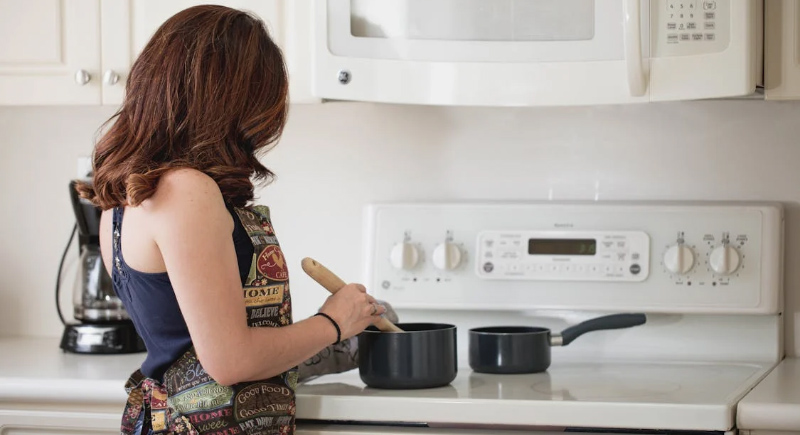
Credit: pexels
That “nonstick” label on your favorite pan can be a silent killer. When overheated—even briefly—nonstick coatings like Teflon release invisible fumes lethal to birds. The condition is called PTFE toxicosis, and it can kill a bird within minutes. It happens during everyday cooking, even when no food is burning.
Houseplants
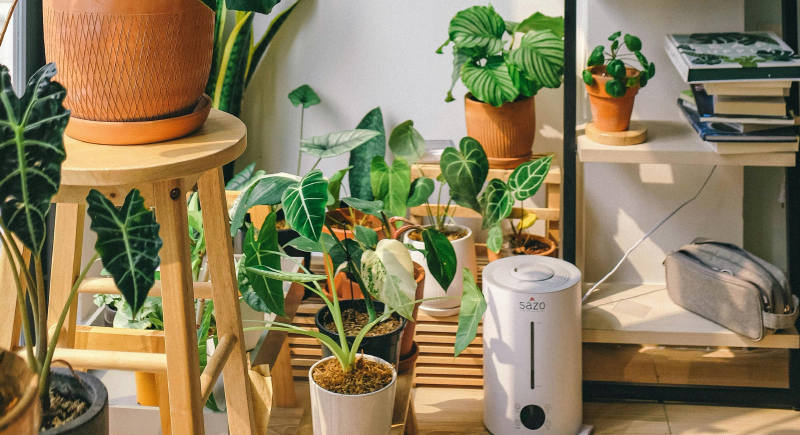
Credit: pexels
You’d think some greenery brightens a room, but it could spell trouble for a bird. Many popular houseplants—like peace lilies, pothos, dieffenbachia, and philodendrons contain oxalates or other compounds that cause vomiting or seizures in birds. They love to chew and explore with their beaks, and a single bite can do damage.
Chocolate and Caffeine
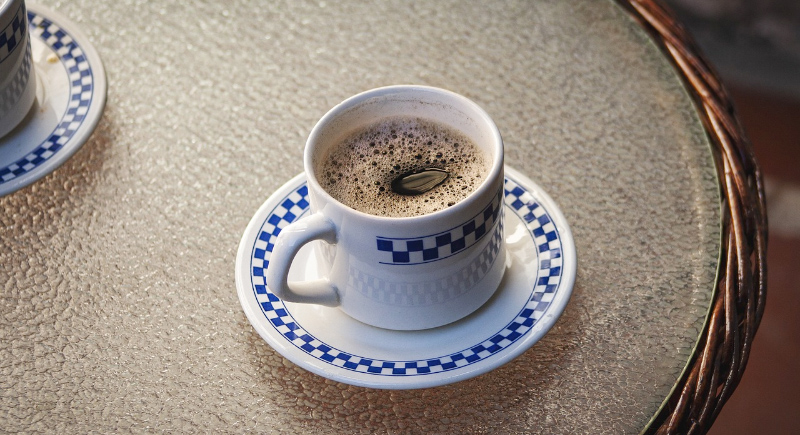
Credit: pixabay
Chocolate isn’t sweet when it comes to bird safety. It contains theobromine, while coffee and sodas carry caffeine—both compounds known to overstimulate a bird’s nervous system. That tiny lick or sip is enough to cause seizures or sudden death. Birds don’t have the enzymes to break these substances down like humans do.
Avocado
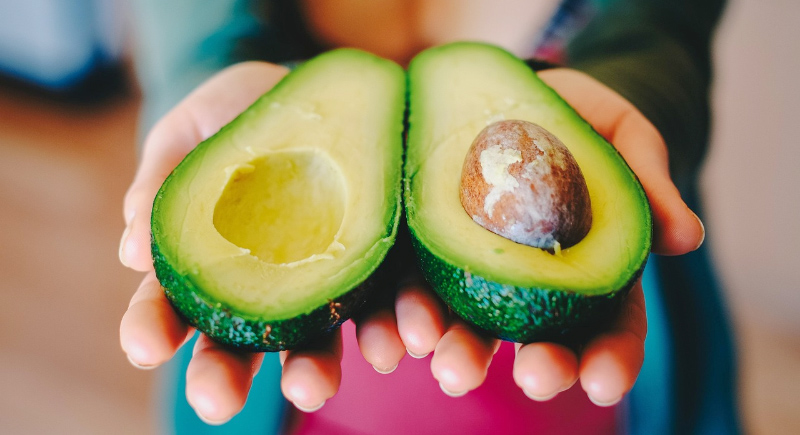
Credit: pixabay
Avocado contains persin, a naturally occurring compound toxic to most bird species. It leads to respiratory failure and death within 12 hours, and there’s no known treatment. While not every bird species reacts the same, the risk is far too high to ignore.
Salted Snacks
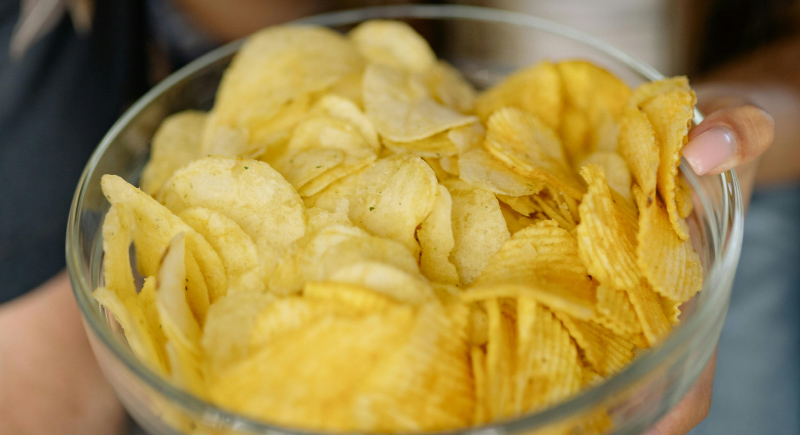
Credit: pexels
Birds don’t handle salt the way humans do. Their kidneys can’t process sodium efficiently, so even a few potato chips or salted popcorn kernels could lead to dehydration, kidney failure, or neurological issues. A sprinkle of table salt on your dinner is deadly for a curious bird who steals a bite.
Mirrors and Glass

Credit: pexels
To a bird, glass doesn’t exist. A clean window or mirror looks like an open sky or more space to fly. That’s why crashes into glass surfaces are so common—and often fatal. Concussions, neck injuries, and internal bleeding can happen in a single hit. They aren’t clumsy, just not built to recognize man-made transparency.
Electrical Cords
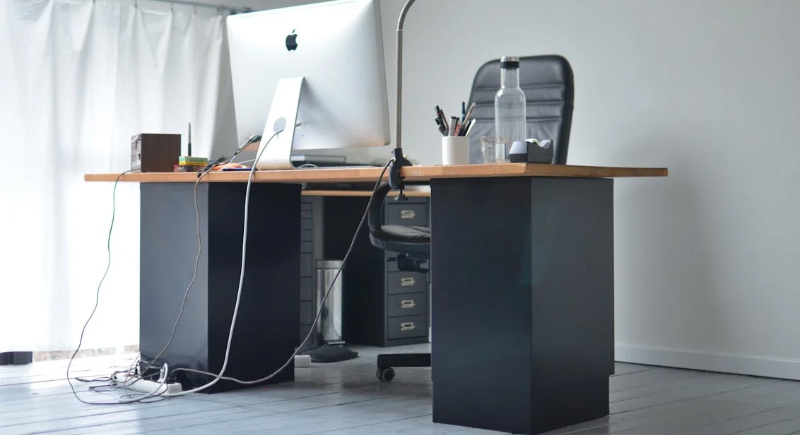
Credit: pexels
Birds love to nibble and tug, and electrical cords are a common target—and incredibly dangerous ones. Chewing through insulation can lead to electric shock, burns, or even sudden death.
Loose Threads and Fabrics
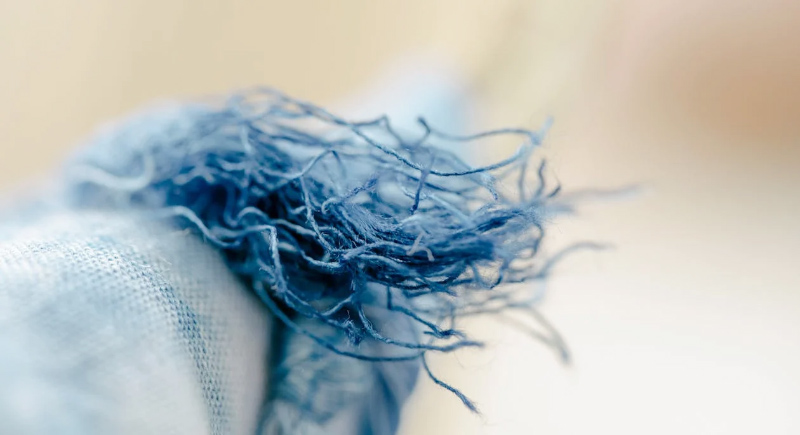
Credit: pexels
If your bird gets wrapped up in a loose thread, it can escalate fast. Threads from towels, sweaters, cage covers, or rope toys can tangle around toes, wings, or necks—leading to injury or strangulation. Worse, some birds ingest thread fibers, which can cause dangerous intestinal blockages.
Vacuum Cleaners and Loud Sounds
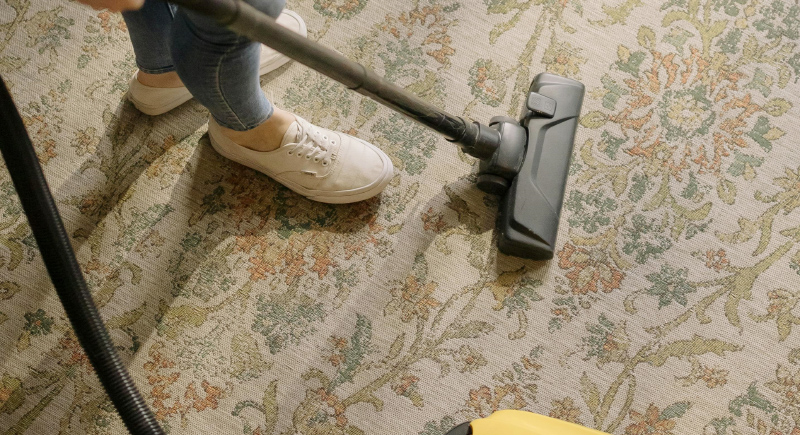
Credit: pexels
Birds might act bold, but their hearts are delicate. Loud, sudden sounds send them into a panic. Some birds crash into cages or walls, trying to escape the noise, while others freeze and tremble. Chronic noise stress can even trigger feather-plucking or affect their immune systems.
Plastic Bags
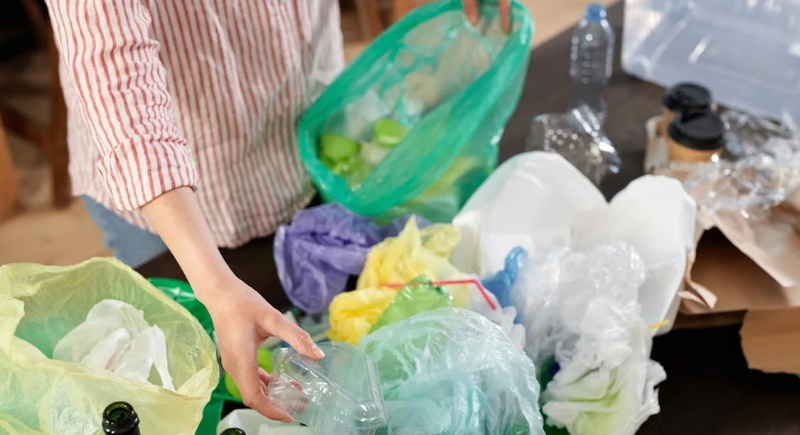
Credit: pexels
Plastic bags may crinkle and float, but they are a hidden hazard. Crawling inside leads to suffocation in seconds. Some birds get stuck in the static cling, unable to free their wings or feet. Chewing plastic is another problem, as toxins from dyes or chemical coatings can be absorbed through the beak.
Human Medications
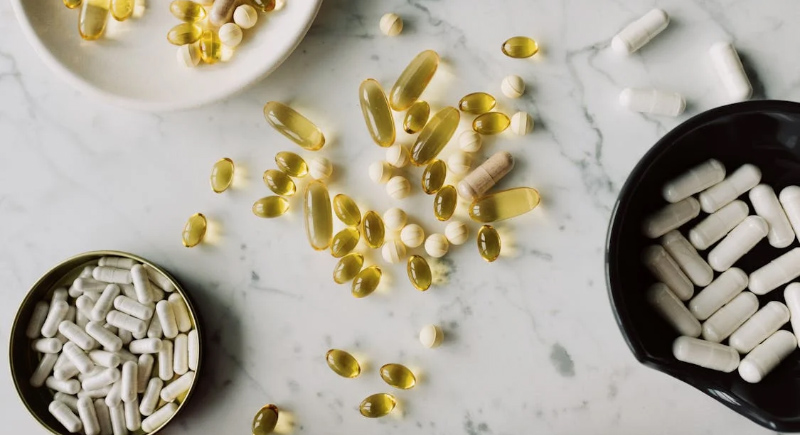
Credit: pexels
Birds are so tiny that even a child’s dosage of painkillers, antidepressants, or cold meds is lethal. They don’t know the difference between a vitamin and a dangerous medicine, especially if it smells fruity or lands near their food.
Cats and Dogs
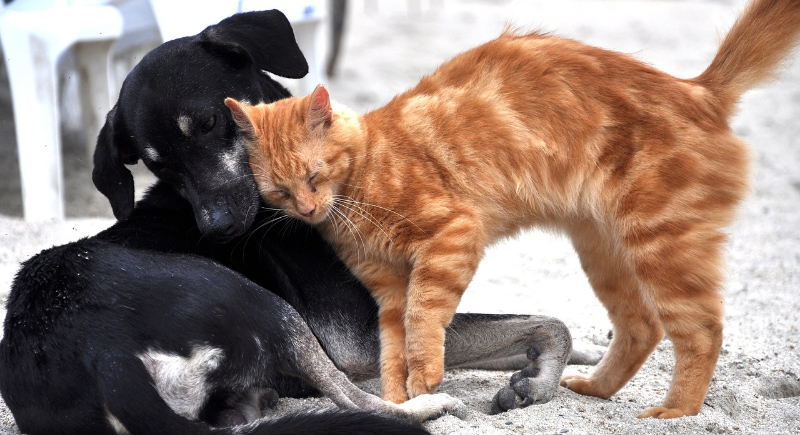
Credit: pixabay
No matter how “gentle” your cat or dog seems, they still have natural predator instincts. A playful pounce or a swat with claws can end a bird’s life in seconds. Supervised interactions might work for some, but the safest bet is separate zones.
Heavy Metals
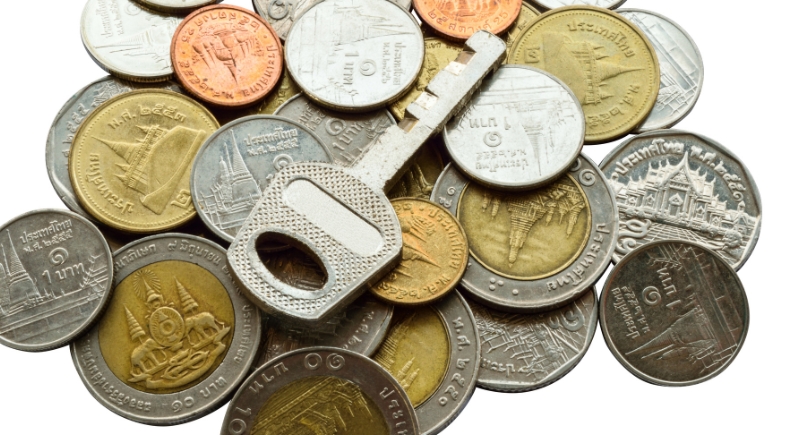
Credit: Getty Images
Shiny coins, old keys, costume jewelry, even chipped paint can spell trouble for a curious bird. Many household items contain zinc, lead, or other toxic metals. Birds explore with their beaks, and one good chew can lead to metal poisoning. Symptoms escalate fast, and without quick treatment, it can turn deadly.
Reclining Chairs
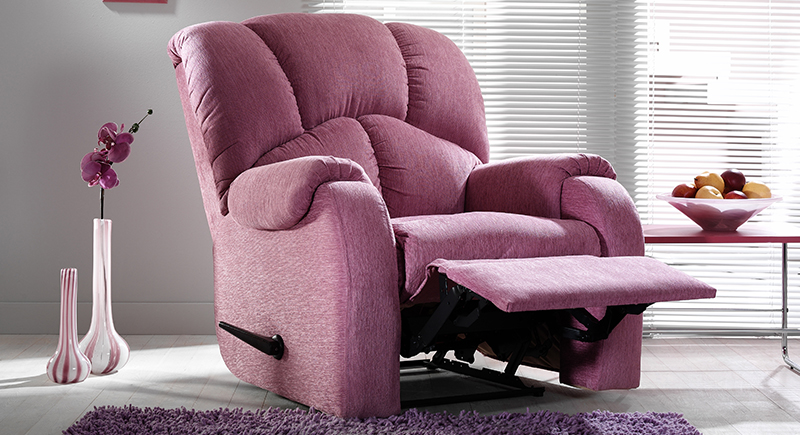
Credit: iStockphoto
That comfy recliner might be your favorite spot, but it is a serious hazard for a wandering bird. Birds love to crawl into dark, cozy spaces, including the mechanisms under chairs. When the footrest snaps shut, tiny bodies can be crushed in seconds. Always check before sitting or adjusting.